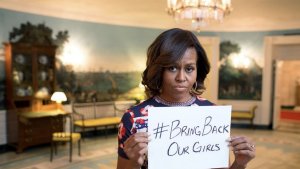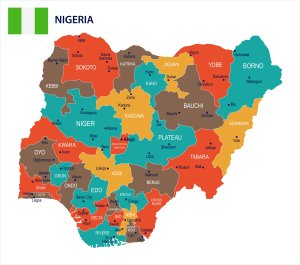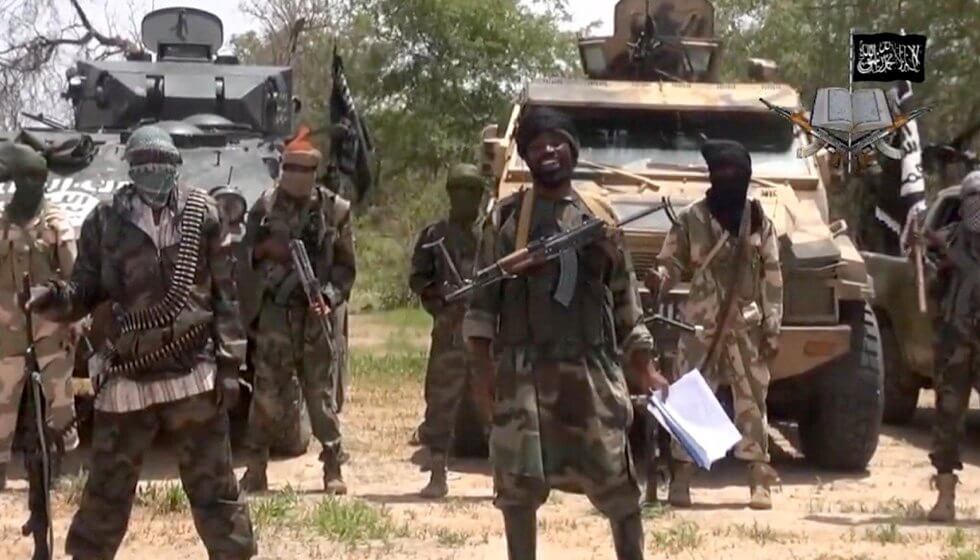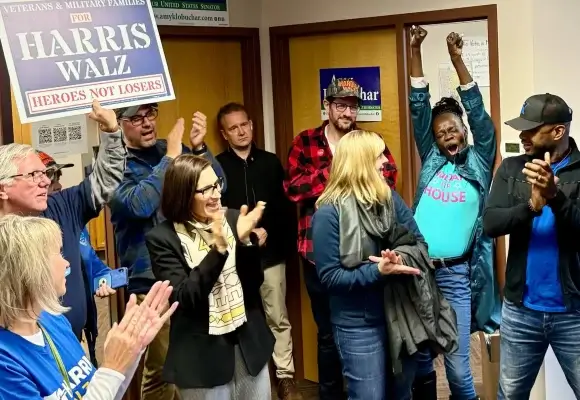|
LISTEN TO THIS THE AFRICANA VOICE ARTICLE NOW
Getting your Trinity Audio player ready...
|
Nigerian are headed to the polls in late February, and one of the issues on their mind will be insecurity, and no group symbolizes the problem better than Boko Haram, an Islamist terrorist group that is against adopting western education.
While the group has engaged in many lawless activities, it’s mostly known for its kidnappings of girls.
Boko Haram’s kidnapping of schoolgirls in Nigeria has become one of the most high-profile acts of violence associated with the group. In April 2014, the group abducted 276 girls from a school in the town of Chibok, sparking outrage and a global campaign for their release.

The kidnapping of the Chibok girls brought international attention to Boko Haram’s campaign of violence and its opposition to girls’ education. The group has targeted schools and students, killing teachers and burning down schools, as part of its effort to impose its ideology and control over territory in northern Nigeria.
The international response to the kidnapping was swift, with countries around the world offering assistance to the Nigerian government in its efforts to locate and free the girls. The hashtag #BringBackOurGirls became a rallying cry for activists, celebrities, and politicians, calling for action to secure the girls’ release.
The kidnapping got the attention of former US First Lady Michelle Obama, who joined in the campaign to bring back the girls.
“I want you to know that Barack has directed our government to do everything possible to support the Nigerian government’s efforts to find these girls and bring them home. In these girls, Barack and I see our own daughters. We see their hopes, their dreams, and we can only imagine the anguish their parents are feeling right now,” Obama said.
Although many of the girls were eventually released or escaped, the fate of many remains unknown, and the kidnapping has had a lasting impact on the lives of those who were taken and their families.

The Chibok kidnapping was not an isolated incident, as Boko Haram has continued to carry out kidnappings and other acts of violence against civilians, including women and children.
The group’s tactics have contributed to a climate of fear and instability in northern Nigeria, causing widespread displacement and affecting countless individuals’ education and economic opportunities.
The kidnapping of the Chibok girls has underscored the urgent need to counter Boko Haram’s violence and address the root causes of the conflict, including poverty, inequality, and lack of access to education.
The issue of Boko Haram and insecurity is likely to feature on people’s minds as they choose their leader in the upcoming general election scheduled for February 25.
The election viewed as the most important in Africa has attracted 18 presidential candidates, but three, Bola Tinubu of the ruling All Progressive Congress (APC), Peter Obi of the Labour Party (LP), and Atiku Abubakar of the main opposition People’s Democratic Party, are considered the frontrunners.
Nigeria is an African powerhouse, with the largest economy and a population estimated to be around 200 million.






























LEAVE A COMMENT
You must be logged in to post a comment.